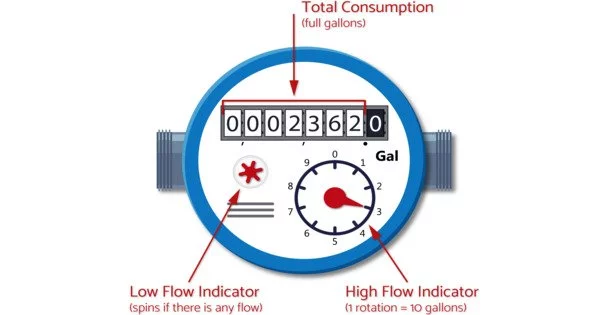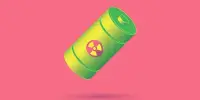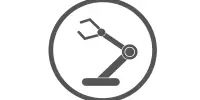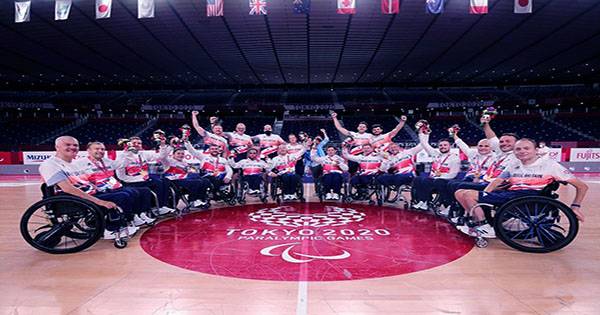Water metering is the practice of measuring water use. Water meters measure the volume of water used by residential and commercial building units that are supplied with water by a public water supply system. They are also used to determine flow through a particular portion of the system.
Water metering is the process of accurately determining the amount of water consumed by individuals, households, businesses, or other entities by measuring and monitoring water usage. Water meters are devices that are installed at the water supply point to record the amount of water that flows through the system. They provide valuable data for billing, water conservation, and identifying leaks or other problems in the water distribution network.
In most of the world water meters are calibrated in cubic metres (m3) or litres, but in the United States and some other countries water meters are calibrated in cubic feet (ft.3) or US gallons on a mechanical or electronic register. Modern meters typically can display rate-of-flow in addition to total volume.
Several types of water meters are in common use, and may be characterized by the flow measurement method, the type of end-user, the required flow rates, and accuracy requirements. In North America, standards for manufacturing water meters are set by the American Water Works Association. Outside of North America, most countries use ISO standards.
Types of Water Meters – There are different types of water meters available, including:
- Mechanical Meters: Traditional water meters with mechanical components, such as a turbine or piston, that measure the water flow and convert it into volume readings.
- Smart Meters: Advanced digital meters that can provide real-time data on water usage, detect leaks, and transmit information remotely using technologies like radio frequency, cellular networks, or other communication protocols.
Benefits of Water Metering:
- Accurate Billing: Water meters ensure that individuals or entities are charged based on their actual water consumption, promoting fairness in billing.
- Water Conservation: By monitoring water usage, metering encourages people to be more mindful of their water consumption, leading to more efficient usage and reduced wastage.
- Leak Detection: Water meters can help identify leaks or abnormal water usage patterns, allowing for timely repairs and preventing water loss.
- Planning and Management: Metering data provides valuable insights into water demand patterns, which can be used for infrastructure planning, resource allocation, and managing water supply systems effectively.
- Privacy and Data Security: With the advent of smart meters, concerns about privacy and data security have emerged. It’s important for responsible entities to handle customer data with care, ensuring appropriate measures are in place to protect personal information and secure communication networks.
Water metering plays a crucial role in promoting water conservation, efficient resource management, and equitable billing practices. By accurately measuring water usage, it helps individuals and communities make informed decisions about their water consumption and contributes to sustainable water management.















